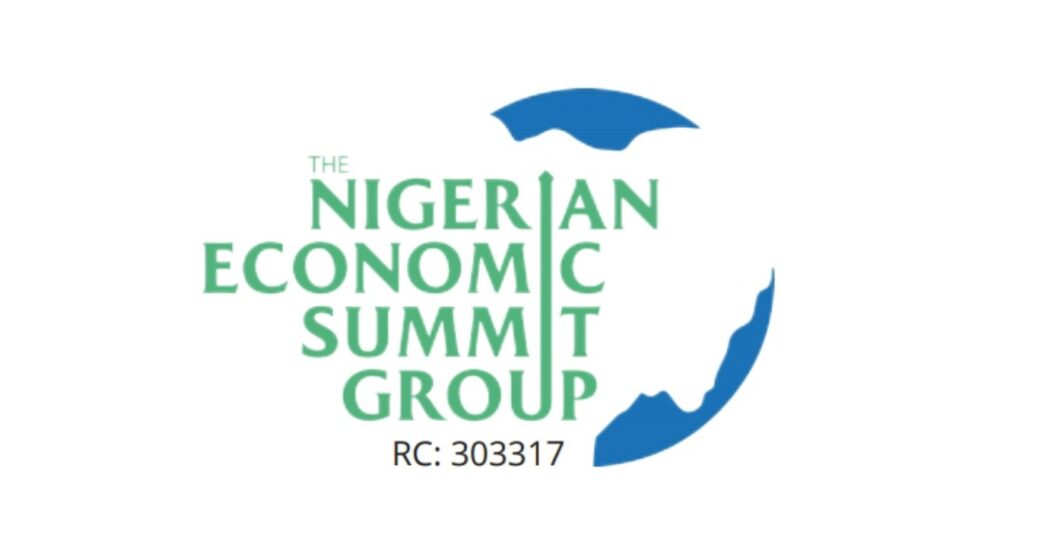The Nigerian Economic Summit Group (NESG) has voiced serious concerns that the proposed 2025 federal budget does not go far enough in addressing essential electricity tariff reforms.In a newly released report titled ”2025 FGN Budget Analysis: Can the Budget Deliver a Major Economic Boost?”, the policy think tank warned that without urgent reforms to tariff structures, efforts to attract private-sector investment and improve the financial health of the power sector could falter.Although the budget includes increased funding for the electricity sector, NESG argued it falls short of tackling the long-standing issues of non-cost-reflective tariffs and weak revenue collection.
These issues, it said, continue to undermine Nigeria’s electricity market.“The budget fails to confront the core challenge of electricity tariff reform, which is critical for establishing cost-reflective pricing and unlocking private-sector investment,” the group stated.NESG explained that many of the country’s power distribution companies (DisCos) are currently operating at a loss due to artificially low tariffs and insufficient revenue recovery.

Without correcting these imbalances, the report warned that even significant budget allocations may not deliver meaningful improvements, as companies remain trapped in liquidity crises and face ongoing operational hurdles.The group did acknowledge the federal government’s commitment to expanding power infrastructure but was critical of the absence of a transparent framework for oversight and performance tracking.According to the report, the lack of clearly defined accountability mechanisms raises the likelihood of poor fund utilisation, stalled projects, and lacklustre outcomes from key sector initiatives.
“Robust monitoring frameworks are essential,” NESG noted. “Without them, there is a heightened risk of misallocated resources, project delays, and underachievement.”The organisation also stressed that simply boosting funding without embedding strong governance and transparency measures would do little to resolve the sector’s entrenched challenges.
Effective reform, NESG said, must go beyond physical infrastructure and tackle deeper policy and regulatory obstacles that currently deter private capital and investment.The power sector, which remains one of Nigeria’s most pressing infrastructure deficits, is central to driving industrial development, job creation, and broad-based economic competitiveness.Experts have consistently argued that cost-reflective tariffs are key to attracting long-term investment and improving service delivery.
Until the structural imbalances in pricing and efficiency are addressed, NESG warned, increased government spending alone is unlikely to yield sustainable progress, and electricity firms will continue to struggle under mounting debts and chronic cash shortfalls.The post 2025 budget inadequately addressed electricity tariff reforms — NESG appeared first on Nigerian NewsDirect..
Technology

2025 budget inadequately addressed electricity tariff reforms — NESG

The Nigerian Economic Summit Group (NESG) has voiced serious concerns that the proposed 2025 federal budget does not go far enough in addressing essential electricity tariff reforms. In a newly released report titled ”2025 FGN Budget Analysis: Can the Budget Deliver a Major Economic Boost?”, the policy think tank warned that without urgent reforms to tariff [...]The post 2025 budget inadequately addressed electricity tariff reforms — NESG appeared first on Nigerian NewsDirect.















